 If you’re spend a fair amount of money on anti-ageing skin care hoping to prevent sagging skin, fine lines or age spots, it may all be for nought if you’re not getting this essential nutrient.
If you’re spend a fair amount of money on anti-ageing skin care hoping to prevent sagging skin, fine lines or age spots, it may all be for nought if you’re not getting this essential nutrient.
What accelerates the ageing of your skin?
When your skin is exposed to sunlight, it reduces critical vitamins as well as causing damage to the skin, along with environmental pollutants and smoking.
Dermatologist, Karen E. Burke, MD, of New York, says “Even minimal UV [ultraviolet] exposure can decrease the vitamin C levels in the skin by up to 30 percent, while exposure from the ozone of city pollution can decrease the level by 55 percent.” (It is important however, to get a limited amount of unprotected time in the sun, which is necessary for the production of vitamin D in your body.)
More About Vitamin C
Signs of this Vitamin C Deficiency might include:
- Skin deterioration, fine lines and wrinkles
- Rough, dry, scaly skin
- Increased infections, frequent illness
- Anaemia, debility, fatigue,
- Swelling and bleeding gums and loss of teeth.
- Depression and other mood imbalances.
- Joint pain and inflammation
- Dry, brittle hair and nails
- Easy bruising and slow wound healing
- Frequent nosebleeds
Why might you be deficient in this Vitamin?
- You might be following the RDA guidelines which research has shown to be way, way on the low side.
- You’re not eating enough of the right foods, your body doesn’t make this vitamin so you have to get it from the food you eat or take a supplement.
- If you’re a smoke, drink alcohol, consume sugar or deal with a lot of stress on an ongoing basis, you should be especially vigilant about avoiding this vitamin deficiency
It’s estimated that up to 33% of people are deficient in this Vitamin and 20% very deficient.
Evidence for the importance of vitamin C has been around since the 1960’s, when Linus Pauling won the Nobel Peace prize for his research on the benefits of taking Vitamin C.
In more recent studies, Vitamin C has been proven to be an antioxidant that can help to shield the body from free radicals and hence its importance as an anti-ageing vitamin.
Why is Vitamin C Essential for Preventing and Repairing Damaged Skin
Vitamin C is essential in the development of your skin’s collagen, connective tissues and your skin’s cellular glue that gives your skin strength, firmness and elasticity. As you age your body makes less and less which is why you slowly get sagging skin, fine lines, wrinkles and age spots.
Vitamin C helps your body to increase your collagen levels and improve the firmness of your skin.
It’s also a powerful antioxidant, and it ‘fights’ the damaging effects of free radicals in your skin, repairing damage that causes ageing and wrinkles. Studies have shown that Vitamin C helps in repairing damaged skin from injuries, exposure to pollutants, toxins and natural ageing.
Research also suggests that it may lessen the severity of sunburn due UV-B sun exposure and help prevent the consequences of long-term exposure to the sun.
It’s also important for so so much more…..
Vitamin C is important for:
– ensuring a healthy heart. Epidemiological studies indicate people with the highest blood levels and intakes of vitamin C have as much as a 50% reduced risk of developing or dying from cardiovascular diseases. Men with the lowest blood levels of vitamin C have a 2.4-fold greater risk of having a stroke compared with those having the highest levels of vitamin C. (Lancet. 2001 Mar 3;357(9257):657-63, Int J Vitam Nutr Res. 2011 Jul;81(4):211-7.)
– improving lung function (High intakes of vitamin C are associated with improved lung function and a delay in the deterioration that could lead to chronic obstructive pulmonary disease.)
– a stronger & more robust immune system, you may be deficient if you’re more susceptible to colds and minor ailments.
– improving healing time of wounds
– for helping your up take of and use iron, very essential in female health.
– preventing osteoporosis (Bones require a strong matrix of collagen proteins to maintain structural integrity and proper mineralisation. poor vitamin C linked to bone loss. vitamin C supplementation prevents post-menopausal bone loss by stimulating new bone formation.)
– Vitamin C helps with the production of Glutathione – the MASTER antioxidant!
Glutathione is the master antioxidant so you want lots of this in your body, it’s a powerful cell-protector, age-defyer and disease-preventer.
Glutathione lives in every, single, cell of your body. It repairs, protects and sends out signals to trigger a healing response wherever there is oxidative damage. Vitamin C helps your body’s produce glutathione.
– Essential in the production of the hormone progesterone, if you have any hormonal issues, infertility, sleep issues, tender breast and imbalances, your progesterone levels may be low.
– when you’re in a stressful situation or have adrenal fatigue your Vitamin C is used up rapidly by the adrenal glands to make stress hormones ( e.g cortisol) and the stores are depleted rapidly.
Where do you get Vitamin C (and citrus is not the only way!)
So, what is Vitamin C or Ascorbic acid? It’s a water-soluble vitamin, it can easily dissolve in water and is excreted from your body through urine, it can’t be stored, so you need to top it up every day.
Your bodies can’t produce vitamin C so it has to be obtained from the food you. Although citrus is usually associated with Vitamin C – strawberries actually have far more vitamin C than citrus. Blueberries score even higher for vitamin C content but winning outright are acai berries. Be sure to eat lots of these colourful vegetables – peppers, guava, kale, brussel sprouts, broccoli, strawberries, grapefruit, kiwi fruit, spinach, cabbage, watercress and rocket.
Even though you may love fresh leafy vegetables and fruit – you may have trouble getting the levels you need simply from food alone.
Adding a supplement can help you maintain the correct levels.
Supplementing with Vitamin C:
– It’s absorption is improved when taken in conjunction with flavonoids. Either choose a supplement with added flavonoids or eat plenty of highly colored fruit and vegetables.
– the official recommended daily amount (60mg in the US) is well under the minimum amount of vitamin C that is now known to be beneficial. Research shows us that much larger doses of vitamin C are safe and have added health benefits. I recommend a daily vitamin C intake from to 1-2gm’s daily, and higher doses when ill.
– you can’t take too much, because it’s water soluble and your body will eliminate the excess.
– Take a good quality supplement that is in one of these forms: – calcium ascorbate, sodium ascorbate, ascorbyl palmitate, which are non- acidic.
When using a superior delivery format called Liposomal Vitamin C it can be more easily absorbed by your body,
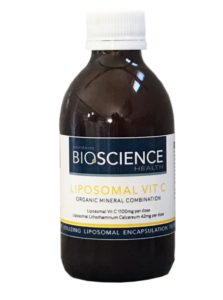 Liposomal Vitamin C encapsulates the C molecules in liposomes made from Essential Phospholipids, which protect the vitamin C from destruction in the digestive system. Within minutes of taking Liposomal Vitamin C, liposomes filled with vitamin C are transported directly into your bloodstream, and into your cells.
Liposomal Vitamin C encapsulates the C molecules in liposomes made from Essential Phospholipids, which protect the vitamin C from destruction in the digestive system. Within minutes of taking Liposomal Vitamin C, liposomes filled with vitamin C are transported directly into your bloodstream, and into your cells.
This liposome-encapsulated form of vitamin C is the first choice of people who really understand bioavailability and the importance of high-dose vitamin C. Other forms of vitamin C succumb to absorption barriers that vastly limit the level of vitamin C that can enter the bloodstream. Nordens Liposomal Vitamin C crashes through these barriers to get high potency vitamin C where you need it most, your cells.
liposomal vitamin C is encapsulated and easier on the stomach, with none of the harsh acidity that regular high dose vitamin C supplements exhibit.
If you’d like to order you can purchase them directly from me – send me am email sue@suehardman.com
Ultimate Liposomal Vitamin C 380ml – R380.00 ( excludes shipping)
So, if you want optimum health, age well, look younger and feel fantastic and have great looking skin do add a high level vitamin C supplement to your daily anti-ageing regimen.
We may not be able to completely stop the process of ageing – however we can definitely age as gracefully as possible.
I’d Like to invite you to make use of my offer of a FREE mini CONSULT, please click HERE and to book your appointment. please feel free to share if you have friends or family who might need help.
I’d love to chat on the phone/skype if you’re looking for more support managing your fatigue, low energy, hormonal imbalances and skin issues.
I so enjoy talking to women and helping them with their health.
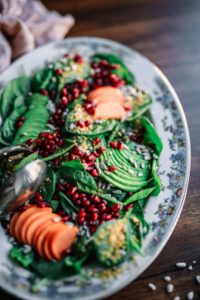

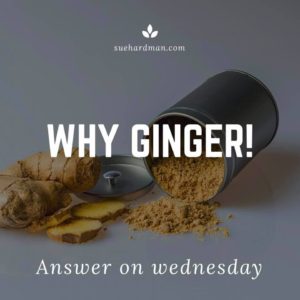 Ginger a wonder botanical medicine
Ginger a wonder botanical medicine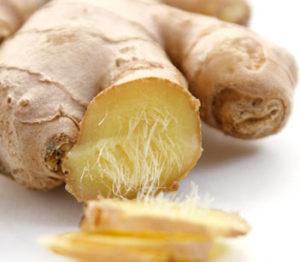
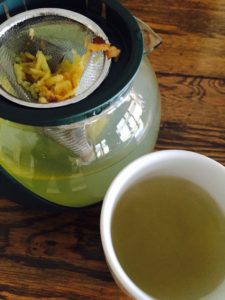

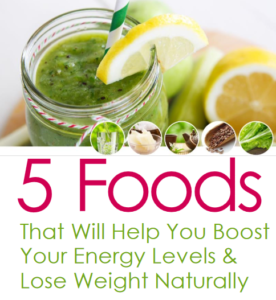
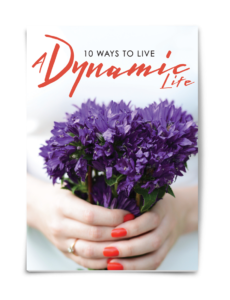
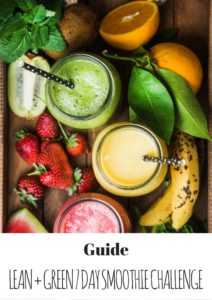
 infections.
infections.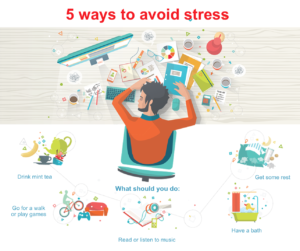

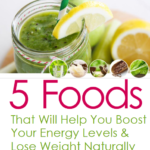
 So, why eat brassicas anyway?
So, why eat brassicas anyway? 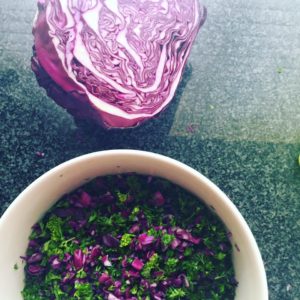
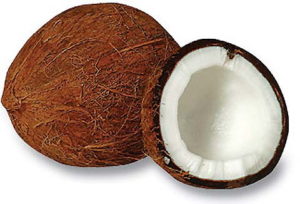 and has been found to have anti-aging and regenerative effects.
and has been found to have anti-aging and regenerative effects.
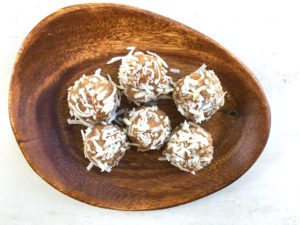
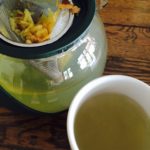 Nothing like a good cuppa tea to sort out the problems of the world. My grandmother loved her tea and it was the first thing we’d do when we visited her, I do miss being able to sit down and share a pot of tea with her.
Nothing like a good cuppa tea to sort out the problems of the world. My grandmother loved her tea and it was the first thing we’d do when we visited her, I do miss being able to sit down and share a pot of tea with her. need to know which one to use when and you may have be unaware of some of the other things these common herbal teas can be useful for. Chamomile is calming but so much more, peppermint for wind and so much more, ginger for nausea and so much more…..
need to know which one to use when and you may have be unaware of some of the other things these common herbal teas can be useful for. Chamomile is calming but so much more, peppermint for wind and so much more, ginger for nausea and so much more….. Rose
Rose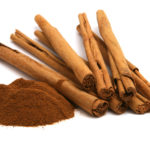 reduce your sugar cravings. By controlling blood sugar levels you can prevent spikes after meals, normalise your blood sugar levels and improve glucose control.
reduce your sugar cravings. By controlling blood sugar levels you can prevent spikes after meals, normalise your blood sugar levels and improve glucose control.